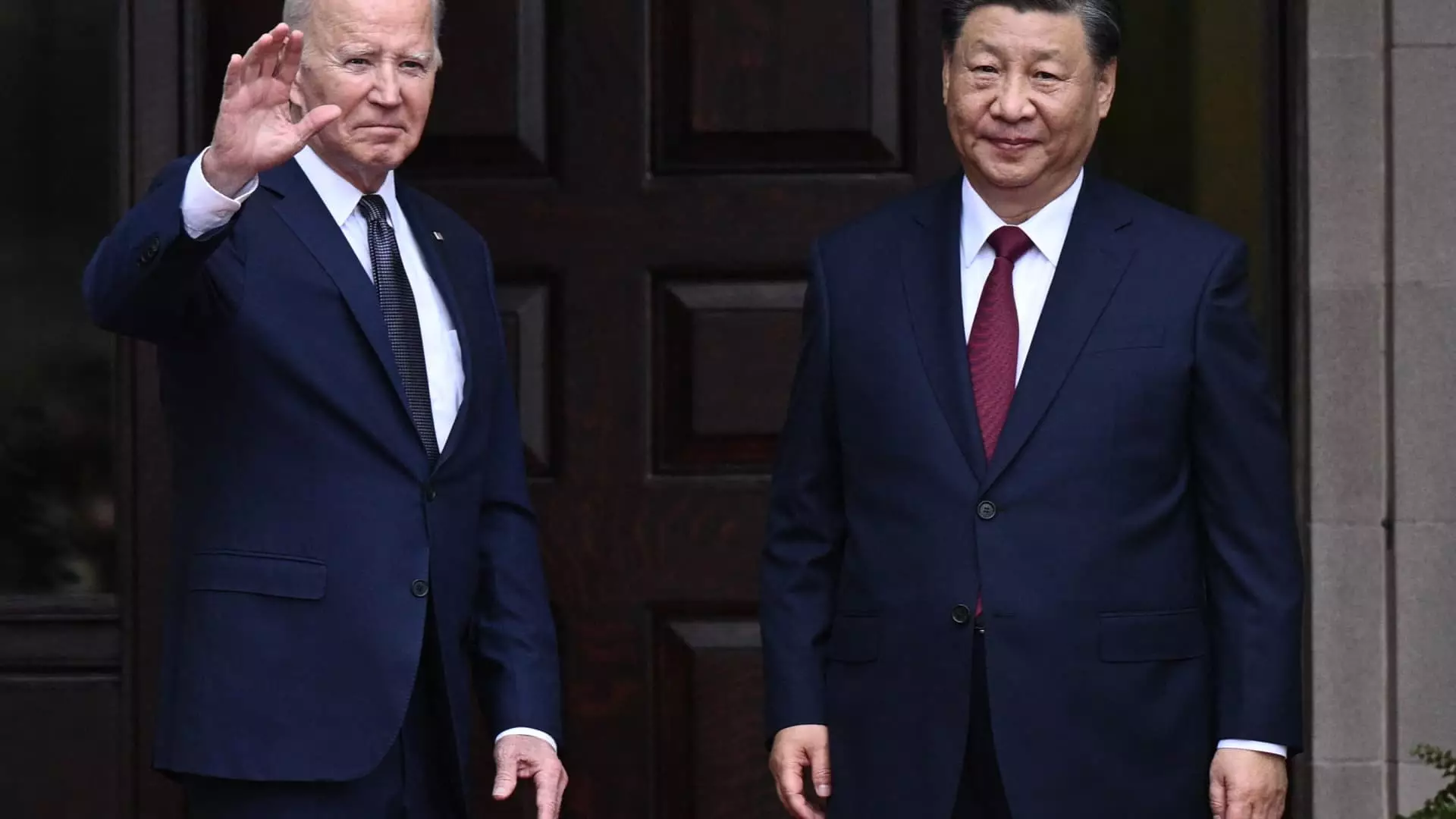China’s Ministry of Commerce strongly condemned the U.S. investigation into its maritime, logistics, and shipbuilding industries, labeling it as a “mistake on top of a mistake.” The ministry argued that the U.S. itself provides significant amounts of discriminatory subsidies to its domestic industries while accusing China of unfair practices.
The Chinese ministry emphasized that the development of China’s industries is a result of technological innovation and active participation in market competition. They called on the U.S. to “respect multilateral rules” and stated that they would take all necessary steps to defend their rights and interests against the investigation.
The Office of the U.S. Trade Representative launched the investigation under Section 301 of the Trade Act of 1974, alleging that China utilized unfair and non-market policies to dominate the mentioned sectors. Ambassador Katherine Tai has promised a thorough investigation based on concerns raised by national labor unions regarding China’s trade practices.
President Joe Biden has shown support for the investigation by calling for a tripling of tariffs on Chinese steel and aluminum imports. The White House cited Chinese policies and subsidies for their industries as factors contributing to unfair competition and environmental concerns. In a speech in Pittsburgh, Biden accused China of “cheating” in their steel trade practices.
The U.S.-China trade investigation has broader implications for global trade dynamics. The clash between the two economic powerhouses highlights ongoing tensions regarding fair competition, government subsidies, and market dominance. The outcome of this investigation could have ripple effects across industries and trade relationships worldwide.
As the U.S. and China engage in a battle over trade practices and policies, the stakes are high for both countries. The investigation illustrates the complex interplay between government intervention, market competition, and international trade rules. The outcome will not only impact the two nations directly involved but could also shape the future of global trade relations.

Leave a Reply